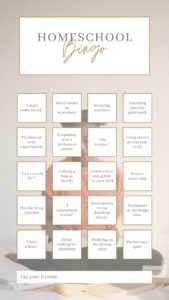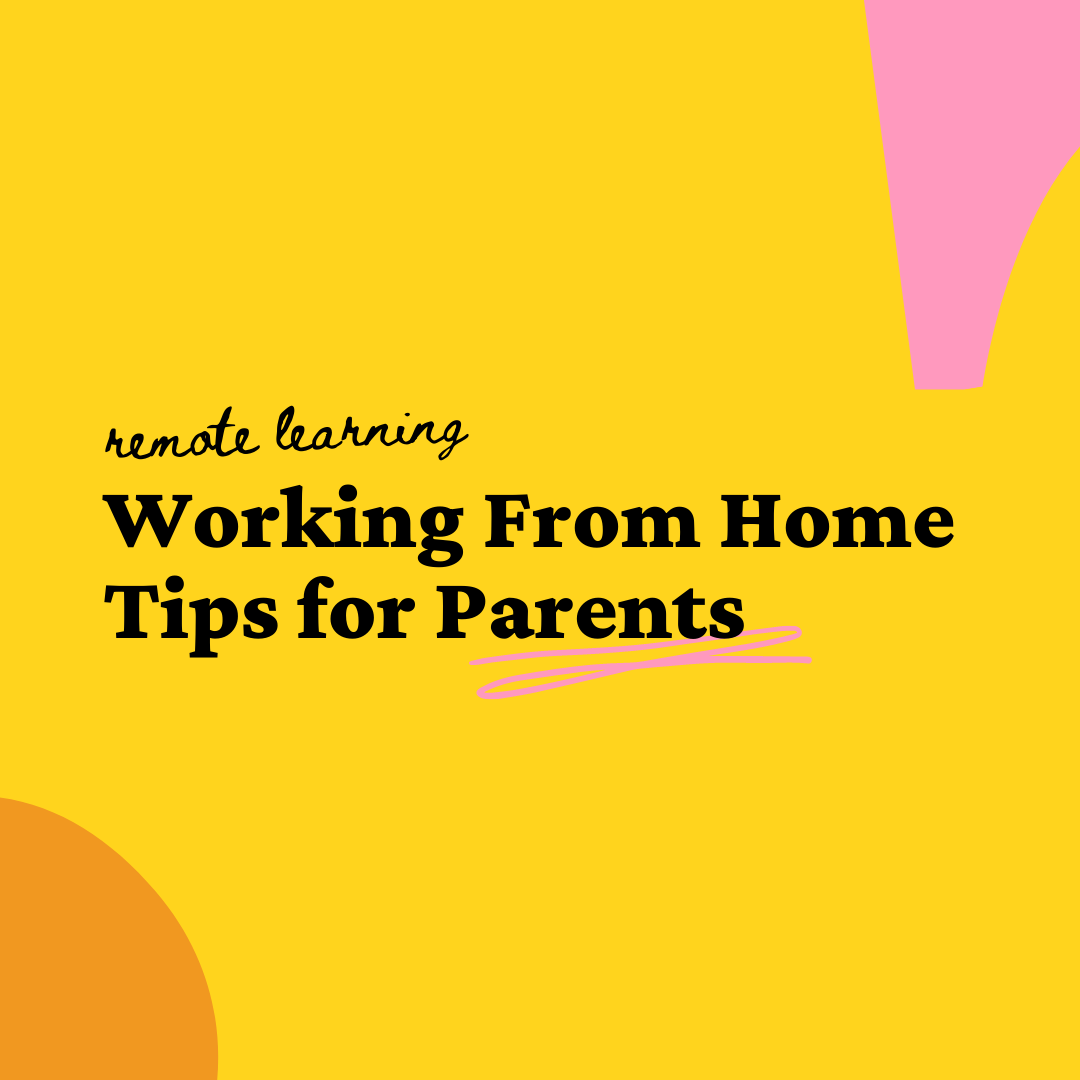
homeschooling tips
Homeschooling your child is no easy task. Not to brag, but I started homeschooling before it was even a thing. Joking aside, when I started homeschooling my daughter I didn’t know anyone who was homeschooling. Who would have thought a pandemic would force every household to teach their kids from home? In the past year and a half, I have found these homeschooling tips extremely useful.
Most of you were thrown into homeschooling and had to go along with whatever your child’s school implemented. This isn’t the greatest representation of the realities of homeschooling.
I decided to homeschool my then first-grade daughter for a myriad of reasons. Brielle is a super smart girl. She knew her letters and numbers by 2, started reading and writing paragraphs by three. As bright as she is, she also has ADHD, working memory issues, executive functioning issues, as well as processing issues. When you put that together it translated to a girl who is very capable, but was performing differently at school than she was at home. She learns differently than others, and she wasn’t able to get the support she needed in school to thrive academically.
We looked all over the internet for homeschooling tips and suggestions to aid us in making the right decision for her.

We enrolled her in an online accredited school because it took some of the pressure off of me to figure out what she needed to learn for that grade (and I didn’t have to worry about preparing materials). Also, if I decide at a later time to enroll her in school, she can be put into the proper grade without any issues.
There are many ways to homeschool your child, and there is no right or wrong way. Each state has online public schools, but they fill up very quickly. They also offer various private homeschooling programs with varying teacher support (which also varies the price- these online schools are not fools). You can also come up with your own curriculum and not rely on any type of school. There are several websites out there that sell materials, and you can look up topics online or make your own materials. Google is your friend. Don’t be afraid to use it to look up school options for your state or homeschooling materials for your child’s grade.
I chose an online school with a program that provided hard copy texts and manipulatives, as Brielle is a kinesthetic learner. I couldn’t have Brielle in a school where it was all taught online, because endless computer time + Brielle= Brielle bouncing off the walls. As a result I taught Brielle 99% of the time (cue jaw drop), and occasionally there was a related video that she watched to reinforce what she learned.
Here are the pros and cons of homeschooling:
Pros
(1) You can tailor the level of learning to the needs of the child
That means that if your kid needs extra help or extra time to grasp a topic, you are able to provide that. If your child is advanced in certain subjects, you will be able to do work at his or her level. I drove the homeschool’s coordinator crazy changing Brielle’s level and materials until I found the right fit for her. Truthfully, this poor woman has probably quit her job.
(2) You can tailor the support to the need of the child
You know your child best, so you can provide the proper accommodations to ensure success. You are there if your child needs redirection or needs further explanation. This is essential for kids with learning disabilities, or kids who need different support than what is typically provided in a classroom.
(3) Instead of putting your trust in someone else to teach your child, you are now holding all the cards.
Most teachers are wonderful, but there are many students in a class, and the teacher cannot solely focus on your child.
(4) You can tailor the material to your child
For example, if your child likes science, you can spend extra time doing science experiments. Learning comes in a variety of ways! Take a walk and teach them about nature. Let them splash in the rain and teach them about the water cycle. Learning through play is always best, and when it’s fun for them, it’s also fun for you. Afterall, less child hysterics means less hysterical Mom.
(5) Often kids get bullied at school
Homeschooling your child allows your kids to socialize despite not participating in a classroom. Many places offer cooperative learning where you homeschool with other families. We didn’t have that option in our area, but Brielle participated in numerous extracurricular activities, so she still got to socialize.
(6) Homeschooling takes less time than traditional school
A typical school day is 7-8 hours, and homeschooling shouldn’t take any longer than a few hours because you are only teaching one student- yours! That drastically cuts down the amount of time needed to learn. With my daughter’s focusing issues, that was a huge benefit.
(7) You can plan school around your schedule as opposed to the other way around
Brielle and I were able to accompany my husband on a work trip without worrying that she would miss school. We simply did extra learning beforehand and took that time to enjoy ourselves.
Cons
(1) Your child is home during the day
Every day. All the time. I know you’ve all gotten somewhat used to having them around since March (or have learned to tolerate it), but this is a whole new ballgame when it is the entire schoolyear.
(2) You need the patience of a saint
I think I’m pretty patient with my daughter, but everyone has their limits, and children are excellent at testing them. Most kids are on their best behavior for their teacher, and then they act out at home. Now that I’m Teacher Mommy, it’s just a three-ring circus around here.
(3) You will wear many hats, and it can be very overwhelming
You need to figure out a way to balance your role as teacher with your role as mother (in addition to the thousand other roles and responsibilities we have). I aged 10 years and had about 300,000 meltdowns during the first three weeks that I homeschooled Brielle. Brielle also had about 300,000 meltdowns. Surprisingly, my husband barricaded himself in his office.

(4) Homeschooling can be exhausting
There were times where I was super proud of the way I presented a lesson, and Brielle would stare back at me as if I was speaking a foreign language. Other times I would ask a question and wish there was someone else to call on because Brielle was busy studying the paint on our ceiling. You will need to be prepared to try different ways of teaching to find what works for your child. That way of teaching may vary by subject, mood or even the day.
(5) YOU are responsible for their learning
That is a pro, but it is also a con. Their success (and failure) rests on your shoulders. That is a great responsibility, and not one that should be taken lightly.
(6) Although your child can get plenty of socialization, it is not the same thing as being in a school with kids everyday for 7 hours a day
If you have a kid that is incredibly social, that might be worth considering.
(7) Have I mentioned that your child will now be home with you
I strongly feel that point is worth mentioning again. Stop and let that soak in for awhile.
(8) If you have power struggles with your kids now, just wait until you start homeschooling them
Getting your child to listen to you is not easy. Getting your child to listen to you while trying to teach them is a form of torture. The child who smiled all so sweetly at school has given me looks that make me worry that she is possessed.
Homeschooling isn’t right for every child, and it certainly isn’t right for every parent. Like all parenting choices, you need to trust your instincts and decide what is the best fit for you. If you do decide to homeschool, my biggest piece of advice is to remember that it is a marathon, not a sprint. It takes time to find your footing. Homeschooling is a huge transition. As long as your kids are clothed, fed, and healthy, you are off to a great start!
I hope these homeschooling tips can be helpful to you as you plan your child’s education and curriculum. As always, if you have any questions, don’t hesitate to contact me!
